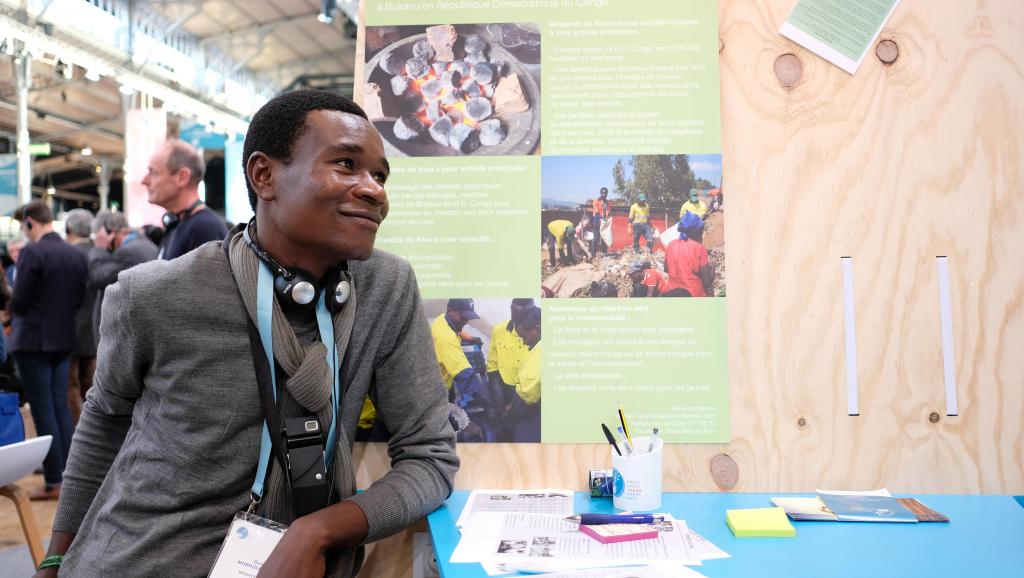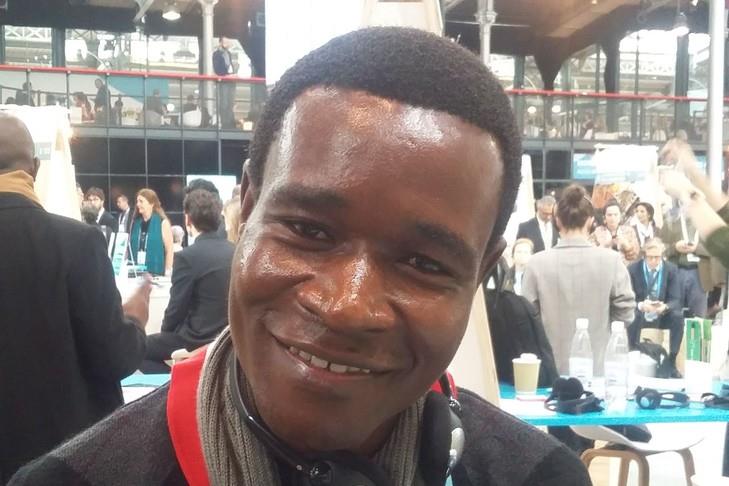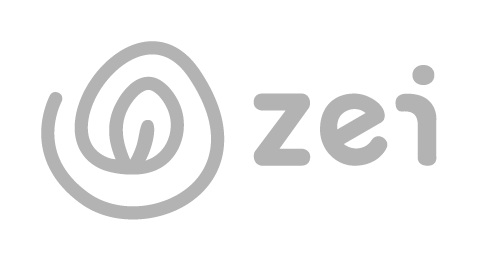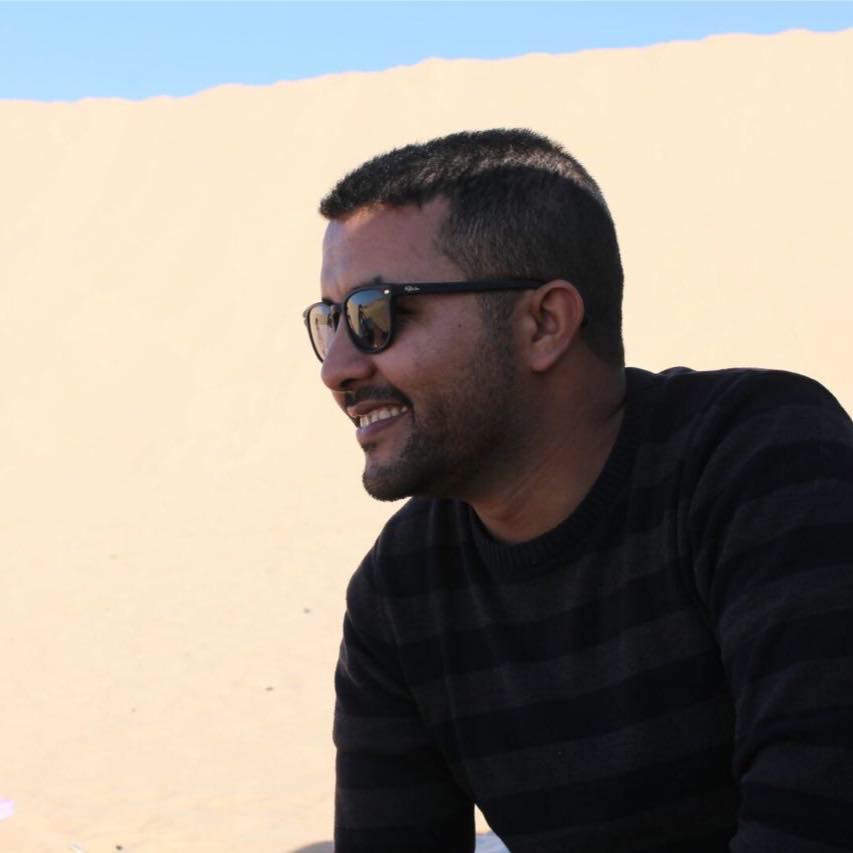The Democratic Republic of the Congo remains an enigma to many in the West, and for a variety of reasons. Whether it’s the lack of coverage, the singular focus on violence and poverty, or the silent bigotry that informs many Western attitudes towards the fortunes of Africans more generally. Many of the root causes of human suffering continue to get ignored while aid money pours in, resources pour out, and little changes to improve the lives of the people.
Murhula Zigabe is one example of the many positive stories in the Congo that we don’t hear about much. He’s from the eastern part of the DRC, and by watching Youtube videos managed to find a solution to multiple problems faced by his community, including environmental degradation, unemployment, poverty, lack of education, and autonomy for women. It centers on recycling organic waste into eco-charcoal for cooking. Sound like an unlikely solution? I thought so too until we connected for this episode.
In our conversation we also set his work against the backdrop of the DR Congo’s recent history, in particular the wars of the mid 90’s and early 2000’s that claimed approximately 5 million lives, and the ongoing use of rape as a weapon of war on a scale that sees a woman raped nearly once every minute. However, this conversation is not a catalogue of miseries and grievances. Murhula is an optimist, and perhaps after listening to his story you will be too, and maybe you’ll be inspired to look at the DRC and Africa a little differently.
Check below for more info about Murhula’s projects, and for some helpful videos to learn more about the DRC.
For a quick history lesson…
Documentary films…











